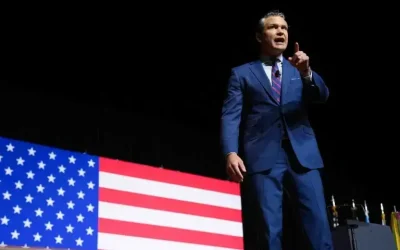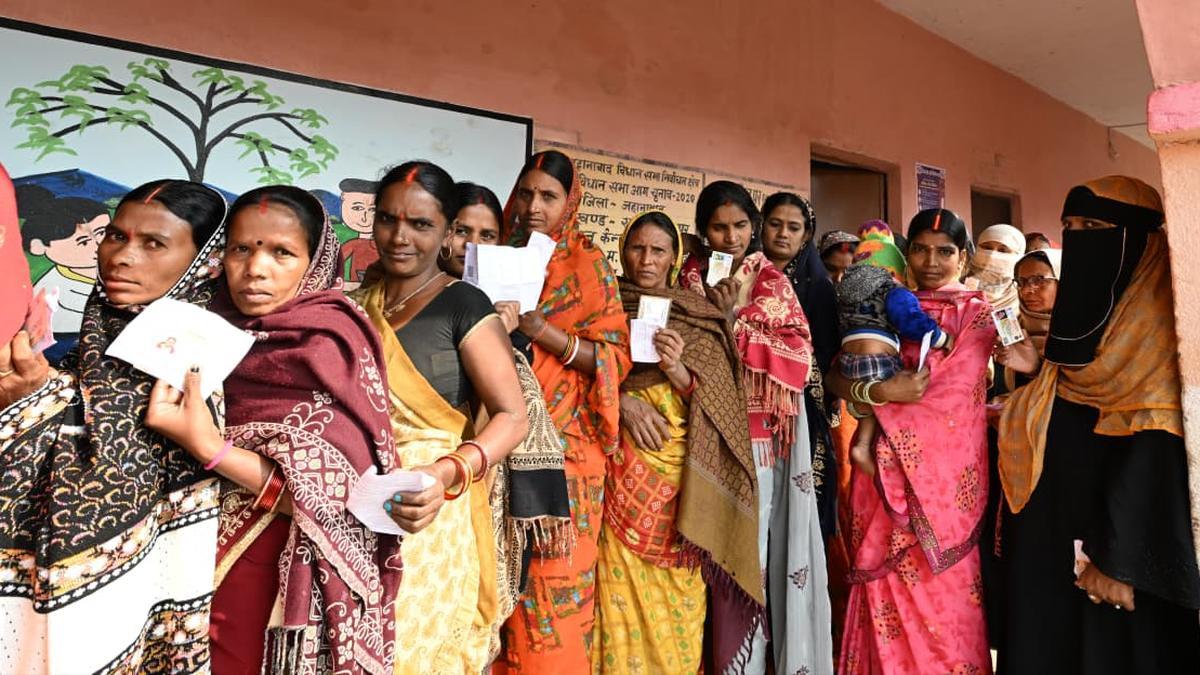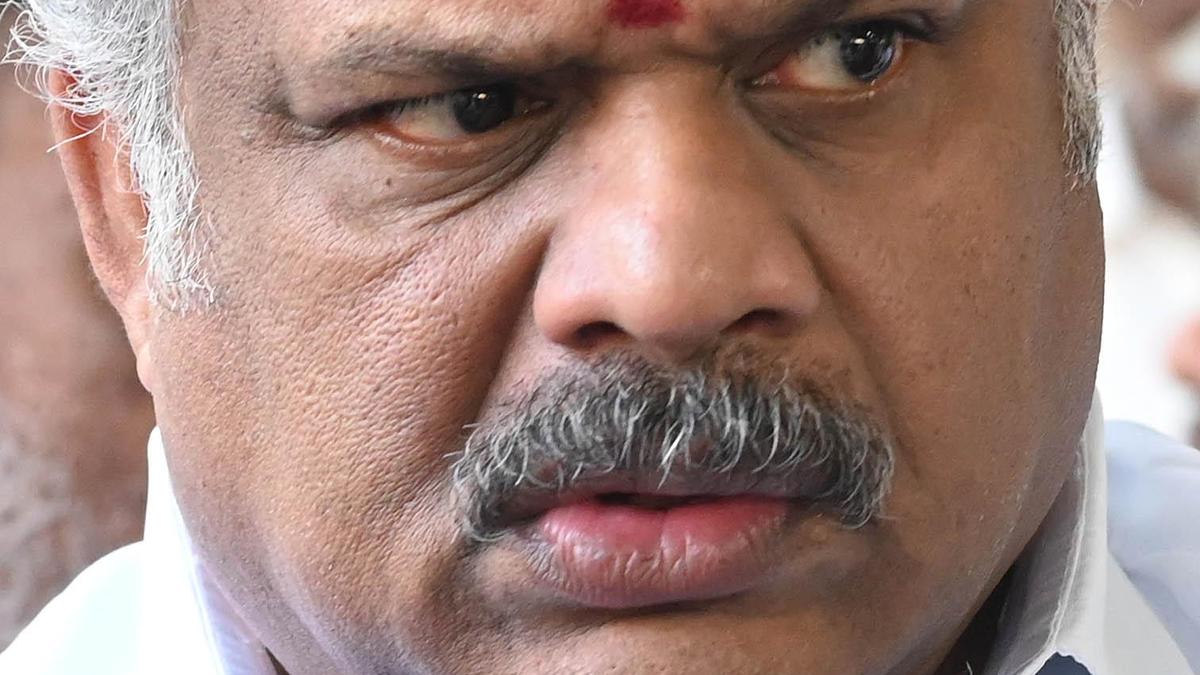Thai King makes landmark visit to China, Xi vows closer ties

Thailand’s King Maha Vajiralongkorn and Chinese President Xi Jinping attend a welcoming ceremony at the Great Hall of the People, in Beijing, China, on November 14, 2025
| Photo Credit: Reuters
China’s leader Xi Jinping and Thai King Maha Vajiralongkorn pledged closer ties on Friday (November 14, 2025) during the first-ever visit to China by a reigning Thai monarch.
Mr. Xi and his wife, Peng Liyuan, greeted Vajiralongkorn and his wife, Queen Suthida, at Beijing’s vast Great Hall of the People. The visit was intended to mark the 50th anniversary of the countries establishing diplomatic ties.
Mr. Xi described China and Thailand as “truly good relatives, good friends and good partners,” according to the state-run Xinhua news agency.
Beijing was looking forward to boosting agricultural imports from Thailand and advancing cooperation in fields such as railway development, artificial intelligence and aerospace, Mr. Xi said.
Mr. Vajiralongkorn described his country’s relationship with China as “brotherly cooperation” and expressed his desire to deepen exchanges in various areas.
The Thai royals were scheduled to visit a Buddhist temple and an aerospace development hub in Beijing, as well as attend a state banquet.
Only second official trip abroad for Thai King
Besides a trip to Bhutan in April, the visit to China was Mr. Vajiralongkorn’s only second official trip abroad since his ascension to the throne, in 2016, signaling a warming of ties with China.
Thailand remains an official military ally of the United States, but China is the kingdom’s biggest trading partner and increasingly a source of military equipment.
Chinese investment in Thailand also has accelerated in recent years, particularly as many Chinese companies have moved production to Southeast Asia to avoid U.S. tariffs.
In a show of cooperation with Beijing, Thai authorities earlier this year deported 40 Uyghur asylum-seekers back to China, despite U.S. criticism.
In August, a Bangkok exhibition featuring works by Tibetan, Uyghur and Hong Kong artists was censored, reportedly following complaints by Chinese diplomats.
China also has pressured Thailand and its Southeast Asian neighbours to crack down on cross-border cyber scams.
Published – November 14, 2025 03:11 pm IST





